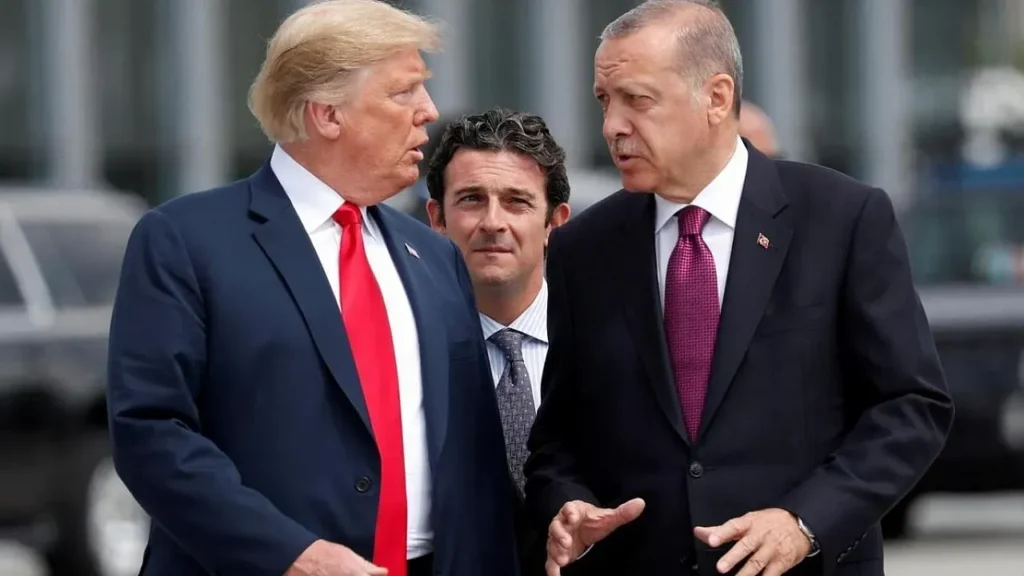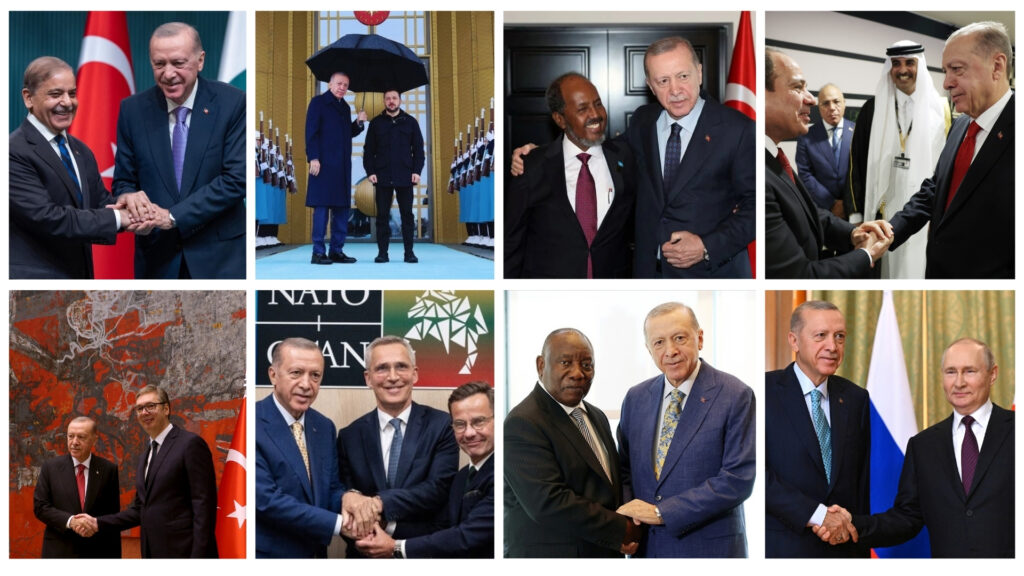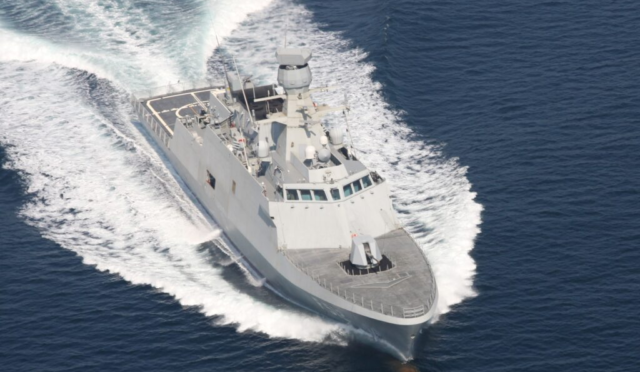As Donald Trump eyes a return to the White House, U.S. foreign policy circles are once again turning their attention to one of the most prominent and enduring figures on the global stage—Turkey’s President Recep Tayyip Erdoğan. In a comprehensive analysis, Newsweek describes Erdoğan as “one of the world’s most powerful leaders,” citing his influence across a range of geopolitical flashpoints.
Over the past week alone, Erdoğan has demonstrated his weight as a pivotal actor on multiple fronts. From orchestrating diplomatic breakthroughs between adversaries to mediating nuclear talks between Iran and European powers, Erdoğan has proven instrumental in shaping outcomes in critical regions. Most notably, Newsweek reports that Erdoğan successfully convinced Trump to lift sanctions on Syria and facilitated high-level meetings between Syrian and U.S. officials during the former president’s recent Middle East tour.
According to Professor Çağrı Erhan, a chief advisor to Erdoğan and member of the Turkish Presidential Security and Foreign Policy Board, Trump views Erdoğan as a “trusted friend” and a “vital regional and global actor.” Erhan told Newsweek that both leaders stand to benefit from a renewed partnership, especially at a time when global power alignments are undergoing rapid change.
A Four-Pillar Success Formula
Newsweek outlines what it calls “Erdoğan’s Success Formula,” drawing on Erhan’s remarks that emphasize four key components: credibility among rivals, regional authority, a strategic vision for conflict resolution, and a capacity to navigate internal vulnerabilities. Despite adversarial positions, many states acknowledge Erdoğan’s consistency and pragmatism—qualities that have elevated Turkey’s voice in high-stakes negotiations, including those on the Ukraine-Russia war.
Trump and Erdoğan: A Strategic Chemistry

The relationship between Trump and Erdoğan appears to be built not only on mutual interests but also on personal rapport. During a press conference, Trump once said of Erdoğan, “I like him. He likes me.” He praised the Turkish leader as “very smart and very tough,” highlighting Erdoğan’s potential as a strategic partner in Syria. In Trump’s own words, “Turkey holds the key to Syria,” an assertion made even before he officially took office.
This chemistry seems to be taking on new meaning as Trump’s return to politics coincides with geopolitical turmoil and shifting alliances. In contrast to Washington’s frayed ties with some traditional allies—most notably Israel—Erdoğan’s role appears increasingly central.
Turkey’s Resurgence: A Neo-Ottoman Vision?
The article draws historical parallels, noting that for over six centuries, the Ottoman Empire dominated much of the Middle East, with Istanbul as its center. After its collapse following World War I, Turkey experienced a period of decline. However, Newsweek argues that under Erdoğan’s leadership, Turkey is reclaiming its status as a global power. While some critics and supporters label his policies as “neo-Ottomanism,” Erdoğan rejects the term but often invokes the “descendants of the Ottomans” to rally support for his Justice and Development Party (AKP).
James Jeffrey, former U.S. Ambassador to Turkey and Trump’s envoy to the anti-ISIS coalition, provided further insight to Newsweek. He attributes Turkey’s growing influence to the decline of the U.S.-led unipolar world since 2000, which has allowed middle powers like Turkey to thrive. Jeffrey noted that Erdoğan skillfully balances domestic challenges while pursuing long-term solutions abroad, aligning with Trump on issues like countering Iran and Russia—a stance that diverges from many European allies.
Strategic Middle Ground

James Jeffrey, former U.S. ambassador to Turkey and Trump’s special envoy for the anti-ISIS coalition, underlined how Turkey’s geostrategic relevance has surged over the past 25 years—coinciding with Erdoğan’s political rise. According to Jeffrey, Turkey’s value as an active, mid-sized power has grown amid the decline of U.S.-led unipolarity and the emergence of rival states such as China, Russia, and Iran.
“Erdoğan seeks to have a seat at every table,” Jeffrey observed, stressing that this approach reflects both strategic ambition and pragmatic diplomacy.
A 21st Century Strategic Pivot

Retired U.S. Army Colonel Richard Outzen told Newsweek that “Turkey’s geopolitical rise and projection of power is one of the most important strategic developments of the 21st century.” As global leadership becomes more fragmented, the U.S. is increasingly reliant on capable regional partners. Outzen argues that Washington lacks both the appetite and resources to single-handedly manage global affairs, and Turkey—equipped with significant military, economic, and diplomatic tools—has emerged as a vital partner in regions of critical concern.
In Erdoğan’s own words, the launch of the “Century of Turkey” in October 2022 marked a new phase of ambition, one that seeks to reassert Turkey’s influence in both regional and global arenas. As the world enters an era of multipolar rivalry, Turkey finds itself—both literally and metaphorically—at the center of the contest.







